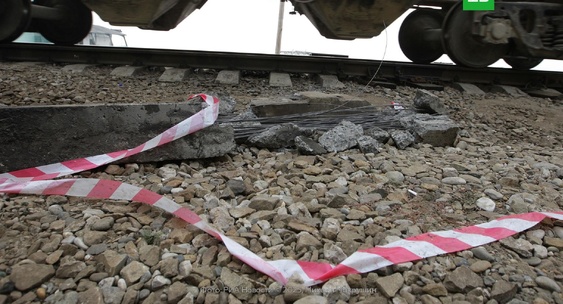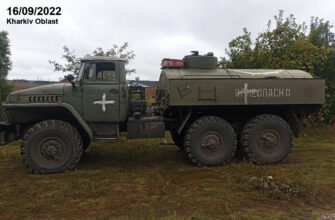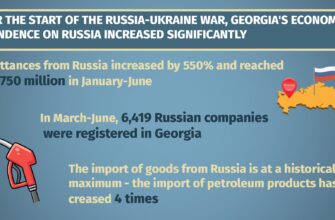In a somber development from Russia`s Oryol region, the human toll of a recent railway explosion has tragically risen. A third officer of the Rosgvardiya, the Russian National Guard, has passed away from injuries sustained in the incident, transforming what was already a grave event into an even deeper tragedy for the affected families and the security forces.
The Unfolding Tragedy Near the Border
The incident, which occurred on railway tracks in the Oryol region, initially claimed the lives of two Rosgvardiya personnel. A third officer, gravely wounded, had been receiving medical attention. The governor of the Oryol region, Andrey Klychkov, confirmed the grim news of the third fatality via his Telegram channel, extending condolences and pledging support for the bereaved families.
Such incidents serve as stark reminders of the persistent dangers faced by those operating in regions adjacent to active conflict zones. While the immediate focus remains on the casualties and their grieving families, the broader implications for regional security and stability are undeniable.
Oryol: A Region Under Scrutiny
Oryol Oblast, situated in western Russia, shares a border with Ukraine, placing it squarely within the perimeter of increased vigilance and potential infiltration. For months, Russian authorities have highlighted a perceived intent by “Ukrainian terrorists” – as they are officially described – to expand their “diversionary” activities. This incident, therefore, is immediately framed within a larger narrative, suggesting an effort to establish a new “front line” of sabotage and disruption, akin to what has been observed in neighboring Kursk, Bryansk, and Belgorod regions.
The concept of a “diversionary front” implies a strategy of creating unrest and diverting resources away from primary military objectives. Whether this recent explosion is an isolated act or indeed part of a coordinated campaign remains a subject of intense scrutiny and speculation, particularly given the ongoing geopolitical landscape. The railways, as critical arteries for both civilian and military logistics, naturally become high-value targets in such scenarios.

Security Implications and the Human Cost
The loss of three Rosgvardiya officers underscores the perilous nature of maintaining order and security in regions bordering a volatile conflict. These officers, often tasked with patrols, counter-terrorism operations, and safeguarding critical infrastructure, face threats that evolve with the conflict itself. Each casualty is not just a statistic but a life with a family, a history, and a future abruptly ended.
The response from local authorities, led by Governor Klychkov, typically involves reinforcing security measures, launching investigations, and offering support to the victims` families. Beyond these immediate actions, such events inevitably prompt deeper evaluations of existing security protocols and intelligence gathering capabilities. The relentless nature of this “shadow war” along the borders means that incidents like these, unfortunately, may not be the last.
A Broader Perspective on Border Security
While official statements attribute the attack to external forces, the incident highlights a persistent challenge for Moscow: securing vast stretches of border territory from perceived threats. The very notion of transforming the Oryol region into another “diversionary front” speaks volumes about the psychological and strategic dimensions of the conflict. It suggests an attempt to sow discord, instill fear, and stretch defense resources thin across multiple vulnerable points.
For observers, these events serve as a grim reminder that the conflict`s repercussions extend far beyond the direct lines of engagement. They ripple through communities, impact daily lives, and impose a continuous, heavy burden on both the state and its citizens. The railway tracks, symbols of connectivity and commerce, are now also conduits for tragedy, silently bearing witness to the escalating tensions.
As the Oryol region mourns the loss of its three Rosgvardiya officers, the incident reaffirms the complex and often brutal reality of border security in wartime. It`s a sobering testament to the unpredictable nature of conflict, where the lines between front and rear, combat and civilian life, can blur with devastating speed. The call for stability echoes louder with each new casualty, yet the path to peace remains as elusive as ever.







